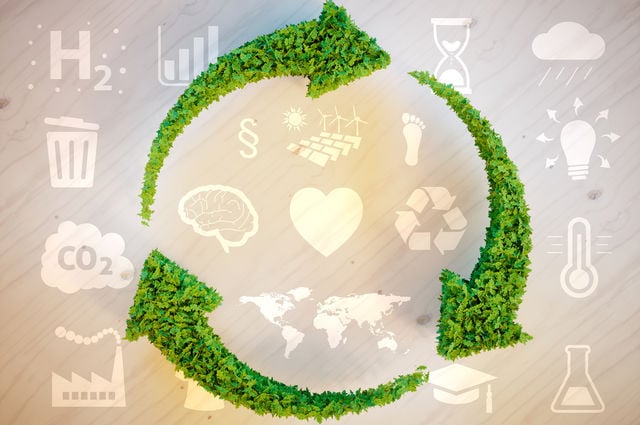Sustainability-driven legislation: setting the right conditions for hospitality?
21 experts shared their view
Legislation regulates the way we utilize natural resources, avoid pollution and harmful substances, manage waste and protect ecosystems and human rights. Supporting sustainability through the use of proactive legislation is nothing new. Rather than being a constraint to businesses and individuals, proactive legislation can eliminate competitive disadvantages and thus be an instrument paving the way to a successful and sustainable future (Berger-Walliser et al., 2016). In many cases, however, legislation is enacted as a last resort. In Germany, a new law on packaging makes it mandatory for the gastronomy sector to provide reusable containers as an alternative to single-use items from 2023 onwards. This is, arguably, a long overdue legislation based on a EU Directive. In a recent representative survey conducted by the German Packaging Institute (DVI) and World Wide Fund For Nature (WWF), 85% of respondents are in favor of introducing a deposit refund system for reusable containers. And while citizens around the globe view climate change as a major threat, the most recent report from the UNFCC warns that climate action plans put forward by nations ahead of COP26 are nowhere close to meeting the goals set in the Paris Agreement. Looking at legislative initiatives in your country, where do you see room for improvement? In which area under the sustainability umbrella do you see the need for more (or less) regulations? Can you share some best (or worst) practices?
Berger-Walliser, G., Shrivastava, P. & Sulkowski, A. (2016). Using Proactive Legal Strategies for Corporate Environmental Sustainability, Michigan Journal of Environmental & Administrative Law, 6(1), 1-27.
I am of the opinion that legislation is not going nowhere near far enough and quickly enough. As mentioned in the viewpoint, it seems legislation is often “enacted as last resort”. I live in England where the government recently (1 October 2020) introduced a ban on supplying plastic straws and stirrers, to combat against single-use plastic waste. I am not arguing that this is not an important step but compared to some other measures that could have been taken, it seems like an act of window dressing. There are many much more important ways plastic waste could've been tackled in my opinion, such as introducing a plastic bottle deposit return scheme.
If you observe the main global sustainability issues from technology perspective, one thing is clear: We already have relatively mature technologies to solve most if not all of these issues. The problem however is the speed at which we are moving away from the less sustainable practices, and I argue governments should adopt a bigger, more proactive and aggressive role in stimulating change. Governments employ a wide range of methods to build a more sustainable future such as increased taxation on more harmful technologies and tax incentives on greener options. This helps to guide technology deployment to the right direction but often not quickly enough.
A more aggressive approach would involve making less environmentally friendly options much more expensive, if not outright banning them. The simple reason why we still use technologies and materials which are harmful, is that they are cheaper and there is no-one stopping us using them. If they were to become more expensive or banned completely, I believe that there would be a rapid shift towards the greener options. This would translate directly into economies of scale which in turn reduces costs. Finally, if the greener technologies are the only ones available, the huge R&D resources of global corporations would all be channelled into making these technologies even better, for both company income statements and our planet.


